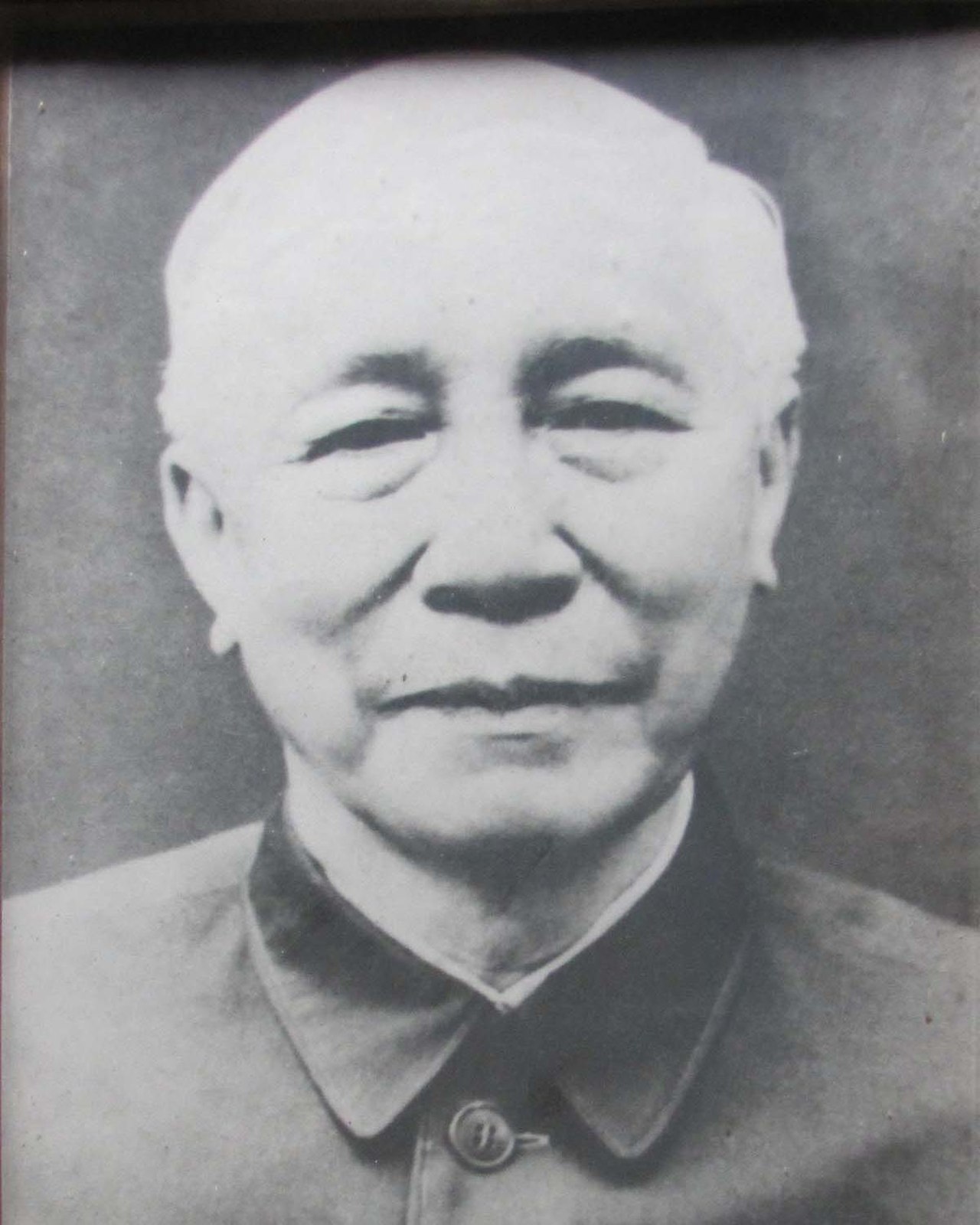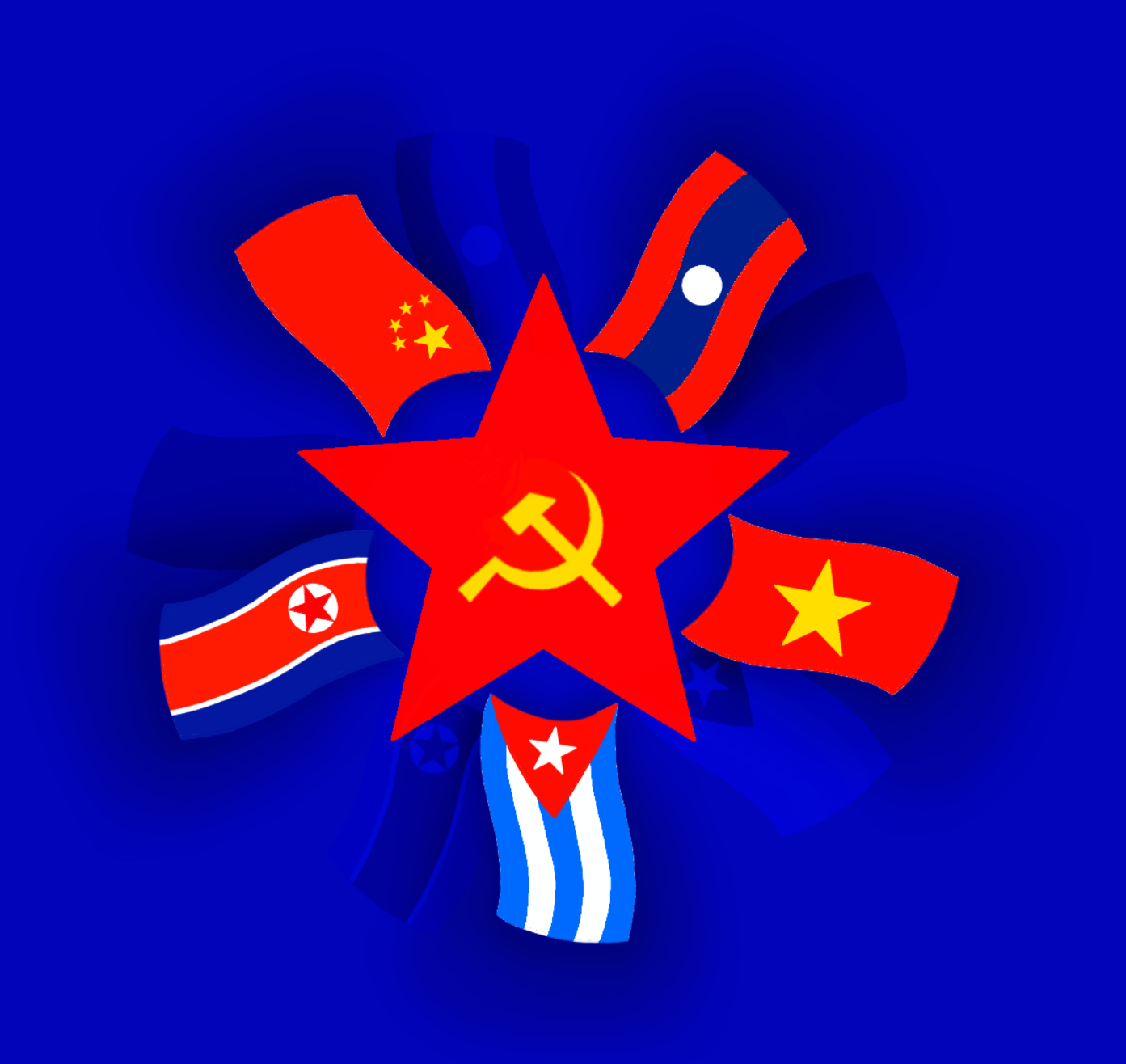I’m a dumb idiot American who only speaks 1 language fluently and doesn’t have the money to pay for foreign language classes at a university. What are some good ways to learn a new language from the absolute starting point
No, you’re a motivated, worldly wise soon to be bilingual superstar.
The method depends on your goals. I’ll offer my process, which I have learned through trial and error while teaching myself Spanish. This guide is to reach a high level of fluency. Some of the steps overlap, hence the strange numbering.
Step 1. Pick up a phase book or small bilingual dictionary with an explanation of the grammar. This is just to get a feel for the main grammar points.
Step 2. Start watching all your TV with TL (target language) dubs, and English subs. Pay attention to the sounds. It’s hard, but don’t zone out. This is to her a feel for the sound of the language. You can also start to listen to music in the TL.
Step 3. Look up ‘minimal pairs’ in the TL. If you can get the audio for this, even better. Search YouTube for ‘minimal pairs + TL’. This will give you a good grasp of all the sounds. If the language has tones, learn about these now. You don’t need to master them yet. That will come after more listening. Some people say English doesn’t have tones, but it does. Like when the tone goes up with questions. The difference between, ‘You call these chips’ and ‘You can these chips?’ The tone changes the meaning. I’m some languages, tones are far more widespread. E.g. in Chinese, changing the tone of ‘ma’ can mean horse, mum, or can make a sentence a question. It’s more straightforward than it sounds.
Step 4. Pick up a course book that comes with audio. Assimil and Pimsleur are highly rated, although I’ve never tried them. I like the Teach Yourself books. Start with a beginner book. Careful, because some are for ‘in class’ use and don’t really work if you’re teaching yourself; each book tends to tell you what it offers. You can also check to see if Language Transfer or FSI (warning: US State source!) have a free audio course in your TL.
When you get round to the coursebook, don’t do the exercises yet. Just read it to improve the map of the language that you got at step 1. If you’re like me, you may find it helpful to look up some English grammar, otherwise you may not know what the TL grammar terms refer to in English. This can be frustrating. Stick with it. Make notes of the TL main grammar points. How does gender work? What is the order of verbs, nouns, adjectives? What are the basic tenses? Try to write a summary of the main grammar points on one or two sheets of paper. You can refer to this in the next step.
Step 5. I would suggest the listening-reading method. I explained it and posted links in the !learnspanish@lemmygrad.ml community. The method works for any language. (This is contentious, but if you want a decent accent, you need to listen as much as possible before you start reading and before you start speaking. You don’t have to delay forever. 200 hours of listening is enough. Incidentally, after understanding 200 hours of audio, you will understand the majority of most other controlled speech (i.e. spoken by pros speaking clearly).)
Step 6/7/8. Go back through the grammar book. This time do the exercises. Then move on to the intermediate book, doing the exercises. Then to the advanced book, doing the exercises. (These things usually come in series. Not every series has an advanced book.)
Step 6/7/8. While working through the course books, continue to listen-read. You will see the grammar that you learn ‘in the wild’. You’ll improve quickly. Sometime after 200 hours of listening-reading, you’ll achieve ‘natural listening’ where you can understand audiobooks without the English text. Keep listening and/or listening-reading.
Step 6/7/8. Start to read. Newspapers, novels, film reviews, Twitter, anything. You’ll spot the grammar ‘in the wild’ and consolidate the language that you learn in the course book and that you hear in the audiobooks.
Step 9/10. If you have not started already, start to shadow the audios. It’s part of listening-reading, but you might not have been confident enough to start doing this yet. If not, now’s the time. It’s weird, but it’s a lot easier than it sounds when you get into it.
Step 9/10. Start watching all your media in the TL. Either original shows or with TL dubs. You want to wean yourself off using subtitles. It’ll be hard at first, but you’ll progress quickly if you’ve been following this short guide.
Step 11/12. Read as much as you can. Read as slowly as you need to, to understand the messages and the plot/gist. Your comprehension will build rapidly. It’s tough at first. Stick with it. Start with easier texts; you’ll have to learn to decide which texts are easier.
Step 11/12. You might want to try this one earlier, but I find it the most difficult so it’s near the bottom of my list: speak with others. You can use HelloTalk or Tandem, or attend a language exchange, or visit the country, or you can pay for a tutor on iTalki or similar site. I’ve not have much luck with finding partners, which is why this isn’t my priority. And I haven’t paid for tutors.
Step 13. You might find this comes naturally, earlier on. Start writing. ‘Drill’ grammar by practising sentences with different verbs and tenses. Get some lined paper and practice the grammatically correct sentences from the exercises in the coursebook, but use different verbs and nouns. Play with the vocab. Have fun. The trick is to build ‘automaticity’. Explain what you read and watch in the TL, in the TL. Try to find someone to give some feedback. Keep practising.
Step 14. This may come sooner if you have people to speak to. Learn ‘islands’ short texts that you can swim to in a conversation. E.g. if you meet someone and they ask about your language learning, they’re going to ask some predictable questions. How long? Why? Have you visited? What do you do? Where do you live? Do you like cheese? Learn short answers and memorise them. Embellish your answer. This will make it seem like you’re a much better speaker than you are (and show off what you do know), and will encourage the other person to keep speaking in the TL. Once you get into the flow with memorised texts, too, it makes it easier to speak spontaneously and helps to build rapport with the other person, meaning they keep speaking and you get more practice.
Tips When you start to read, it’s okay to use a dictionary for a translation. This won’t always be helpful. Words have multiple meanings. But if you get the core meaning from the dictionary, you’ll build on this quickly.
Read books on the Kindle app and use the pop-up dictionary.
If you can find the PDF of a coursebook, you might find that the publisher hosts the audio, which you can access for free. Don’t get carried away. Pick one book and stick to it. If it’s rubbish, pick another one. But don’t start multiple courses at the same time.
You can acquire a language if you understand messages in that language. So you need to find ‘comprehensible input’. It’s hard to get this as a beginner who is self teaching. The above guide is intended to help you build up from zero to native content, all the while listening to increasingly complex but always comprehensible input.
It takes time to learn a language. If you can spend an average 1 hour per day, you’ll be able to enjoy the language in a year’s time and have basic conversations. It’s the hours that count, not the years. It just takes several years to build up the hours! All in, if you follow this guide, you may be able to understand spoken Vietnamese in 400 hours (including 200+ hours of listening-reading). That’s just over an hour a day for a year. It will speed things up dramatically to have as many ‘marathon’ sessions as you can. On days that you can spend 3–8 hours or more with the language, you’ll get a ‘buzz’ in your head and the TL will ring in your ears. This is the sweet spot, although it’s not always possible.
Vietnamese is a Foreign Service Institute category 3 language. It’s feasible for a good learner to learn a cat 3 language to a high level of working knowledge (proficient enough to be a US diplomat, etc) in about 2200 hours. But that includes full time study for 1100 hours in small groups, and the people are being paid and have already learned another language as an adult. For us mortals who grew up with just English and who aren’t paid to learn, expect it to take a bit longer. Again, this is to a level where you’d be able to do a degree in the TL. If you don’t need that, you’ll be good enough much, much sooner.
There are other ways. And once you’re less than halfway through, you’ll learn what works for you and be able to write your own guide. Still, this is how I would do it. Hope this helps. You’ve got this!
You beautiful person thank you so much
You’re welcome.
There’s a lot of two things on the internet when it comes to learning languages. One, it’s so easy with my product that if you give me $500 you’ll learn your TL with just 3 minutes a day for three months. Two, this language is too difficult for native speakers of XYZ and/or adults can’t learn languages anyway.
Both narratives are bollocks, but you’ve got to watch out for them otherwise people will try to sell you snake oil or discourage you. You’ll see lots of different media in my guide above; watch out for people telling you that you only need one resource (whether it’s grammar, TV, subtitles, radio, ‘no English’, etc). You can certainly succeed without following my guide (or picking parts of it and excluding others), but you’ll still need a combination of resources. Some people swear by Anki and Duolingo, but I can’t get on with either of them. IMO it’s best to start simple.
The trick, I think, is to be realistic and encourage each other just enough to get started, and before you know it you’ve fallen in love with the language and the culture and you’ll learn it whatever method you begin with.
Feel free to ask other questions as you get stuck in. For now, I’ll add something that I forgot to summarise. The above guide aims to build proficiency in the four big skills – reading, listening, speaking, and writing. They’re all interconnected, although they will develop at different rates. The more you practice any one of them, the better you’ll become.
As a Spanish learner, what books would you recommend, (dictionary and fiction, preferably pdf so I don’t have to buy anything)
I would also like to know this
Replying so you know I responded. Hopefully my comment was helpful. It’s certainly long enough to include something helpful, but whether it does…
👍
Dictionaries, etc
I only really use the built in dictionary in the Kindle app. Otherwise, I use Google translate or DeepL. Deep L gives examples and synonyms if you search individual words or click on one word in a longer translation.
I have the hardcopy of the big Oxford bilingual Spanish dictionary, but I don’t use it often. It’s okay, but the internet is better, I think. There’s Spanishdict, the Cambridge Spanish-English dictionary for bilingual dictionaries, and (I’ll try to find a link) RAE (Real Academia Español – Royal Academy of Spanish, I think) for a monolingual dictionary.
One book that I would recommend getting in physical copy is a common verb conjugation book. Mine only has 200 verbs in so you don’t need a big one. The problem with dictionaries is that they don’t list conjugations, only the infinitive (usually). So it’s really difficult to use a dictionary before you have mastered conjugations.
I’ve had the most luck with novels that I’ve previously read in English (either translations or originally in English). The familiarity really helps. It’s not always enough, but it’s a good head start.
Recommendations
In no particular order (some of these I just read, some I just listened to, some I listened-read to): Roald Dahl, Charlie y la fábrica chocolate, Matilda, and Las brujas; Michael Bond, Un oso llamado Paddington; Sally Rooney, Dónde estás, mundo bello and Gente normal; Richard Osman, El club del crimen de los jueves; Ken Follett, Las tinieblas y el alba and Los pilares de la tierra; Mark Haddon, El curioso incidente del perro a medianoche; Philip Pullman, El libro de la oscuridad I: la bella salvaje; Valerio Massimo Manfredi, Aléxandros I; Juan Gómez-Jurado, Alex Colt: Cadete Espacial.
Parallel texts are good, too. Penguin have published three decent volumes, in 1966, 1972, and the ‘new’ one in 1999.
If you want theory, Engels is easier to read than Marx and Lenin, IMO. With Spanish, you’ve also made available Domenico Losurdo’s, Stalin: Historia y crítica de una leyenda negra.
You’ll find almost all, if not all, the books I referred to above on the high seas.
Does this help?
(1) What do you read in English? (2) What’s your favourite novel? (3) What have you read and enjoyed in Spanish so far?
Edit: typo Edit 2: deleted the text that wasn’t really relevant (I’ll post this separately).
I’ll look in to the books you recommended, I read Roald Dahl books when I was younger, so those might be a good start. I’ll look into the Spanish version of Anti-Duhring once I finish the English one. 1 theory/history, fantasy/sci-fi, historical graphic novels 2 idk, I haven’t read that much fiction recently, I’ve liked Perfume, a wrinkle in time (series), hunger games, and lots of graphic novels If those counts 3 nothing really, the most I’ve read is part of a multipolarista article
The Roald Dahl audiobook narrations are clear but the speaker does put on voices for the intended kids-audience. This might be off putting. It was okay in short bursts, for me.
That’s a good idea about Anti-Duhring. You could even use the two versions as a kind of parallel text. This is a great way of rapidly increasing reading comprehension.
In that case, you might also like the graphic novels, Maus I & II by Spiegelman and Persepolis by Marjane Satrapi. No spoilers, please! I’ve not finished either one, yet, but they’re well produced and they look promising.
I recently learned that some Parenti books are translated into Spanish, which might be up your street.
If you like the crossover of historical fiction (not quite history, not quite fantasy, not quite graphic novels), you might want to look up four Spanish writers:
- Benito Pérez Galdós, Episodios nacionales (this is 46 novels about Spanish history between 1872 and 1912).
- Almudena Grandes, Episodios de una guerra Interminable (this is an as yet unfinished series (six books so far) about Spanish history between 1939 and 1964, covering the civil war).
- Ramón Del Valle-Inclán, El ruido Ibérico (several novels about Spanish history in a single volume).
- Ildefonso Falcones, who’s written five books. I think they’re all Spanish historical fiction, mostly focusing on Catalonia and Barcelona. The most famous is La catedral del mar, which has also been made into a TV series.
Now, I’ve not read these yet, so they could be reactionary af. But it’s a start for somewhere to look.
Miguel Cervantes is problematic. His short stories can be okay for beginners, but I couldn’t get into them because the anti-Gypsy messaging pissed me right off. Maybe there’s a reception arc? I didn’t read for long enough to find out. I still plan to tackle Don Quixote one day, though.
Susan Abulawha’s novel about Palestine is translated and recorded as an audiobook: Amaneceres en Jenin (Mornings in Jenin). But I have not found a text copy of that book in Spanish. I don’t think it exists. But then it’s very hard to find in English, being pro-Palestinian. The major bookshop near me had a copy in English, but it wasn’t on the shelves – it was hidden in the storage room! They got it out on request, but it’s not one that the Western bourgeoisie want people to read or know exists. Maybe the Spanish translation has faced a similar fate, but more thoroughly.
I’ve not read them yet, but William Gaddis’ novels that criticise neoliberalism are translated into Spanish. These are entirely dialogue-based, too, so I’m hoping they’ll help me with my own conversation skills when I get to them.
Many of Elif Shafak’s books on Turkey/Cyprus are translated into Spanish.
If you like Perfume you might like El chico de las bobinas by Pere Cervantes. I’ve seen the two being compared before. I could be wrong – but there’s a clue for you to start with :D (Edit: it could’ve been Papel y tinta by María Reig.)
I found the translation of The Eye of the World, the first one in Robert Jordan’s Wheel of Time series (La rueda del tiempo I: El ojo del mundo) a bit too difficult when I tried it over a year ago (about a year in to my studies).
But the translations of David Gemmell’s books were readable even sooner than that. Other things came up, so I did not get far with his works and forgot that I even started them till now, but they may be worth a look. He was one of the greatest fantasy writers.
Santiago Posteguillo is always in the Spanish bestseller lists. He writes about Ancient Rome, including about the Romans on the Iberian peninsula (modern Spain). (Similar kind of thing to Valerio Massimo Manfredi, who writes originally in Italian, I think.)
Pat Barker’s feminist versions of the Homeric epics are translated into Spanish. I started El silencio de las mujeres bit I couldn’t follow the story as the tenses jumped around too much. Or maybe they didn’t. I couldn’t make head nor tail of it, either way. But you might have more luck.
The translation of Tolkien’s El Hobbit is easier to read than you might expect, and you’re probably familiar with the story, which will help.
I wasn’t a huge fan of the ‘Castellano’ narration of Suzanne Collins, Los juegos del hambre, but I did understand most of the story without looking at the text after about 250 hours of other listening-reading. If you like that story, you might want to give it a go. There’s a LatAm Spanish narrated version, too, if that’s the accent you’re focusing on.
If you are focusing on that accent, you might like the audio version of The autobiography of Malcolm X. Personally, I felt the Spanish translation is not very close to the original English. This annoyed me. I’m not sure if I was upset politically or because I couldn’t deal with the nuances of translations at that time (word for word or author’s general meaning? – it’s always a balance). The narrator has a good voice (Gerardo Vázquez).
The narrations if Isabel Allende’s books are good. I think she uses too many words for beginners, though. Very descriptive. It’s great, but when you don’t know multiple synonyms for everyday objects, you get completely lost. I did, anyway.
Paul Preston is an English(?) academic who looks at Spain. His La guerra civil española was translated into Spanish, to wide acclaim. It’s a bit anti-communist, as you might expect, but it’s otherwise well narrated and does give some fair treatment of the left involved in that war.
On that topic, there’s Javier Cercas, Soldados de Salamina, a novel. He’s a liberal, but the theme is of interest to us.
(Vaguely left) Hispanic writers who should be good if their reputations are anything up go by are: Carlos Ruiz Zafón (you could start with his YA work and then go for his adult books), Jorge Luis Borges (too complicated for me around one-year in and I haven’t checked since), Gabriel García Márquez, and Carlos Fuentes.
LatAm writers of theory, etc, include Álvaro García Linera, Hugo Moldiz, and Che, of course.
Personally, I hate spoilers so much that once a story had been spoiled I have to wait several years to forget what I knew before I’ll look at it again. But if you don’t mind spoilers, you could search for some of the above names and read reviews in newspapers, magazines, etc. This would help you to front-load some of the vocab, concepts, and themes, making it easier to read the actual books afterwards.
A good trick for finding reviews, etc, is to change your search engine language or use the .es site, for example. The duckduckgo browser makes it very easy to switch languages and countries. You get better results if you search in-country, but some browsers and engines (I’ll let you guess which ones) are very resistant (the point of returning results is to get you to buy stuff, and you aren’t going to buy much in a foreign country).
That’s a longer annotated list than I thought I’d be able to write but it should touch on your interests so I’m hoping you can have some fun with it.
Thanks, I’ll try to look into some of those, I’ve read some of them, so that might be a good start.
Which language are you trying to learn?
Vietnamese
You’re insane mate, my language is fucking hard
If you could endure the absolute stupidity of learning English, I think I can manage. Seriously you need to do field research for all the colloquialisms along with a mile long reading list for all the literary devices on top of our frequent disregard for rule adherence and 20 different meanings for each verb.
I mean I had to grow up listening to English media so that kinda was a major boost, but yeah can’t argue against that
And if you insist, well I’ll be available
Much obliged
deleted by creator
I’d like to know the language before visiting
just some basic phrases, reading, writing?
If you’re planning to visit, I strongly recommend visiting as soon as you have the basics of the language. Learn how to ask for food, learn how to ask for help, and learn how to ask someone to speak slower. Then you’re ready to go. Nothing beats full immersion for learning a language.
The trouble is, as an English speaker, when you try to use another language often times the person you’re talking to speaks better English than you do their language, and they’ll switch to English. Or a helpful stranger will translate. And then you’ll feel obliged to use English instead of wasting people’s time. Full immersion takes a lot of discipline for Anglophones, but you’ll meet people who will appreciate your effort and oblige you with conversation and impromptu teaching.
Mango Languages is a paid language app free to use if you have a valid library card (maybe just USA not sure)







